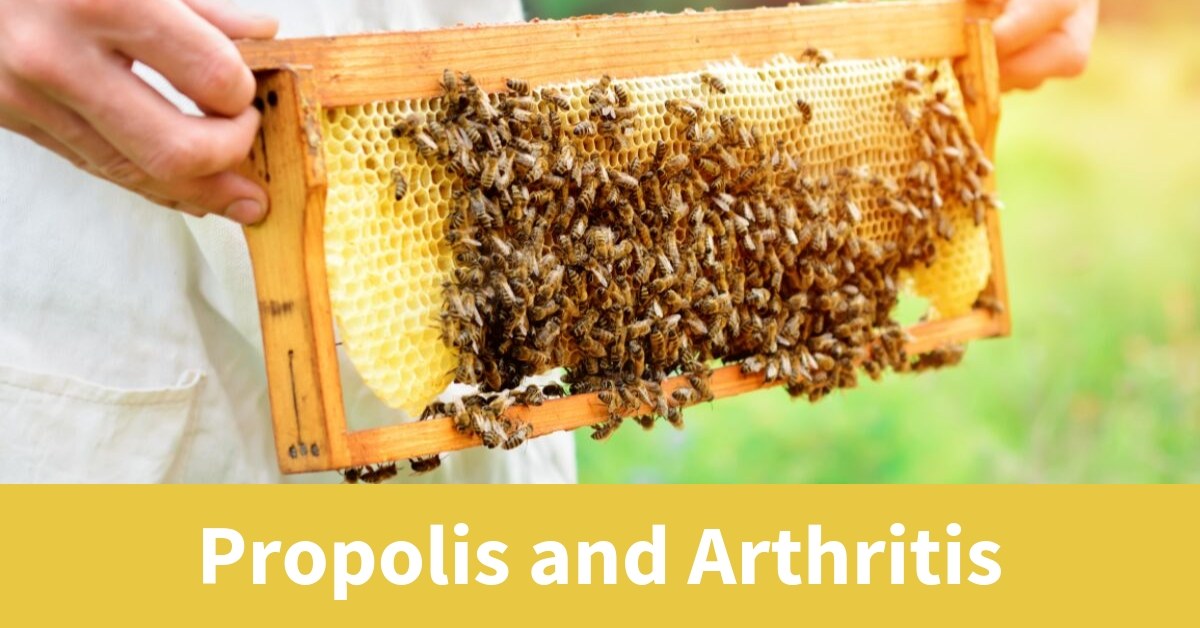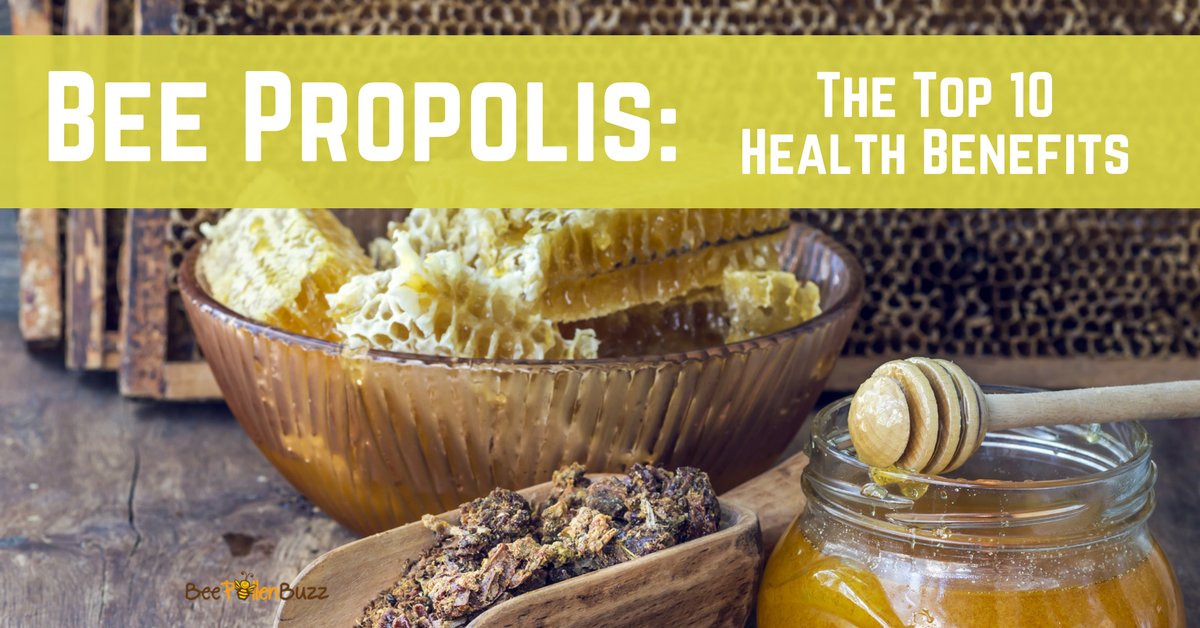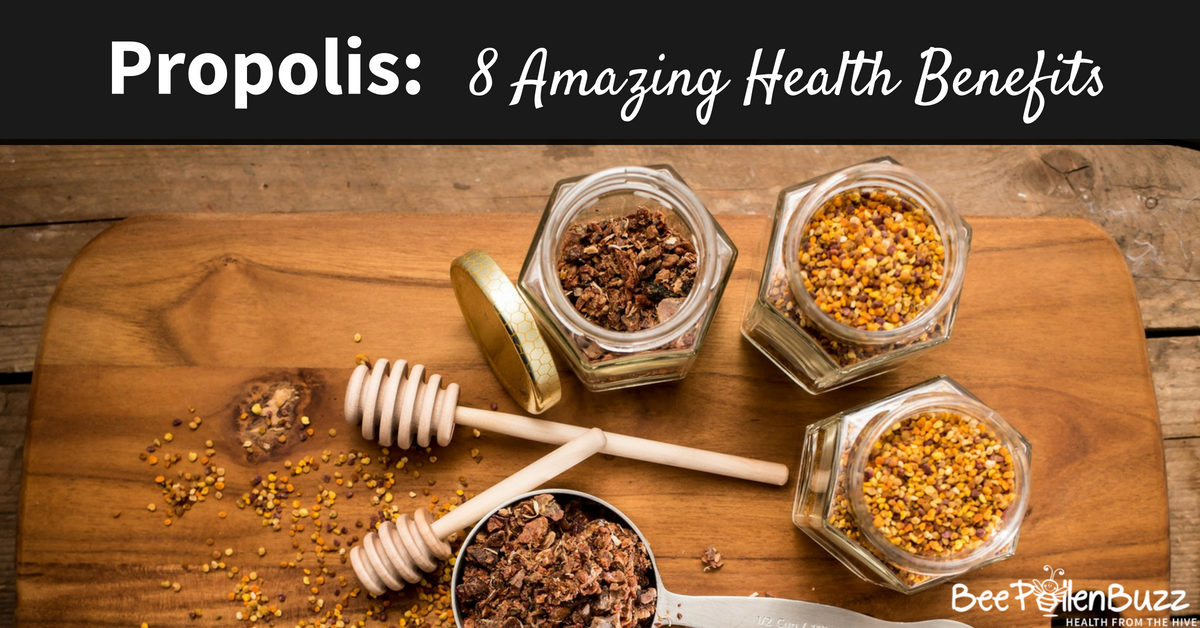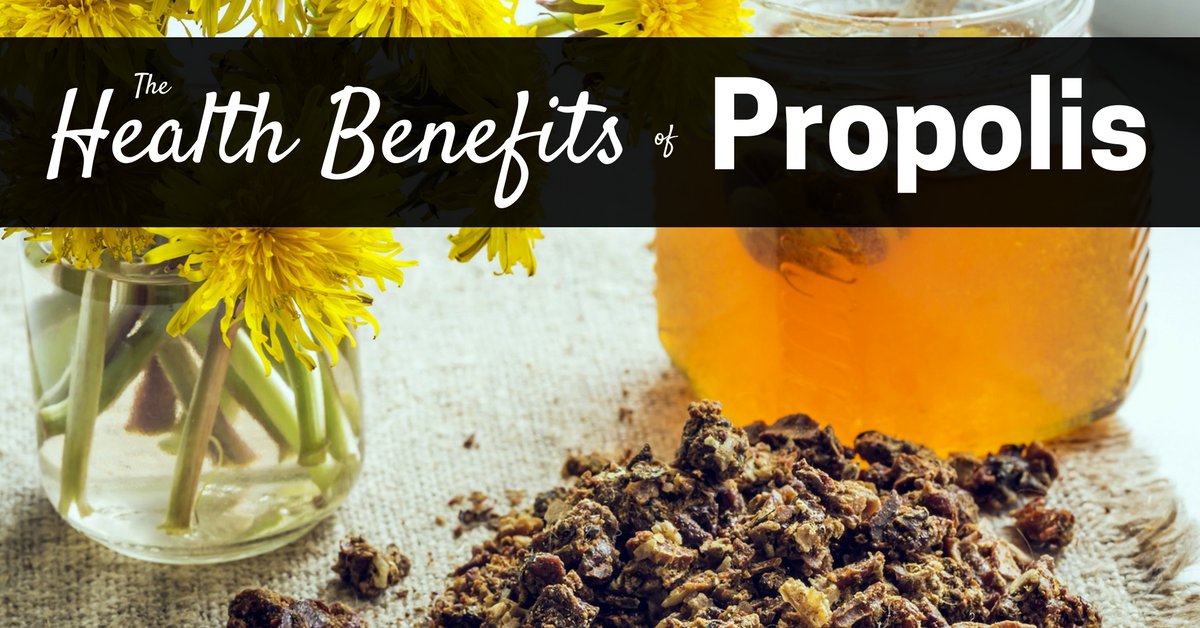Propolis For Arthritis


by Angela Van Alten, Nutritionist and Beekeeper's Daughter
Both rheumatoid and osteoarthritis can be debilitating and both are associated with aging. Treatment for rheumatism involves highly toxic immune suppressants while osteoarthritis more often than not ends in joint replacement after years of pain management drugs. Neither treatment option is desirable and natural alternatives with zero side effects are needed. Like so many other diseases, it seems that the bees have a solution and scientists are just now beginning to discover how propolis, otherwise known as 'bee glue', may soon prove to be a viable treatment option for arthritis.
Propolis and Rheumatoid Arthritis
Propolis has been well established as having the ability to boost and balance the immune system. The use of propolis is now being investigated, or more specifically whether it can reduce the severity of rheumatoid arthritis.
Using an alcohol based propolis tincture, scientists evaluated how the propolis effected the mechanism by which the rheumatoid arthritis is caused in mice.
To do this, they examined something called Interleukin-17. Interleukin-17 has numerous immune regulatory functions and the numbers of IL-17 producing cells in the mice fed propolis were significantly decreased in the study. This indicates there was less inflammation in the joints of the mice that consumed propolis. It appears that Propolis suppressed the immune systems of the mice and instead of attacking their joints, propolis seemed able to calm the immune system down.
The scientists also found that mice fed propolis exhibited significantly lower clinical arthritis scores than those fed the control diet.
Propolis and Osteoarthritis
Osteoarthritis is a progressive disease that is associated with aging. A number of changes occur in aged cartilage, such as increased oxidative stress, decreased markers of healthy cartilage, and alterations in the autophagy pathway. Autophagy is the natural, regulated mechanism of the cell that removes unnecessary or dysfunctional components - it is how your cells cleanse and renew themselves.
Propolis extracts contain a mixture of polyphenols and it has been proven that they have high antioxidant capacity and could potentially regulate the autophagic pathway.
Rabbit chondrocytes were isolated and stimulated with IL-1β and then treated with propolis. Chondrocytes are cells found in cartilage connective tissue. They are the only cells located in cartilage and produce and maintain the cartilage matrix, which is a type of lake in which the chondrocytes swim.
The scientists then evaluated cell viability, nitric oxide production, healthy cartilage, and osteo-arthritis markers along with the expression of three proteins associated with the autophagy pathway.
Propolis treatment positively influenced the cells in almost all markers. Collagen II levels were increased, as were osteo-arthritis markets.
How Much Propolis to Take for Arthritis?
The dose of propolis given to the mice in the rheumatism study was not stated. The Osteo study was done in cells and not a living being so it is difficult to know exactly how much propolis one must consume in order to obtain benefits. However, we do have clues from other studies which we can use as a starting point in conducting your own n=1 experiment. In published studies, propolis has been shown to have a biological effect in animals at doses between 6 - 7 grams per day. This is on the high end but taking 3 capsules twice daily is not unreasonable. It is also logical to suggest that a 100 lb person may respond to 3 grams per day while a 200 lb person may need the higher dose. As with any nutritional supplement, start with a low dose, observe your symptoms and adapt from there.
References:
Inflammopharmacology, 2011 Aug 23.
Int J Mol Sci. 2019 Aug 1;20(15). pii: E3768
|
|
|







New! Comments
Do you have something to say about what you just read! Leave me a comment in the box below. I'd love to hear from you!